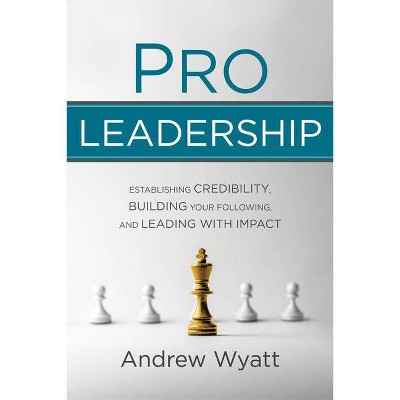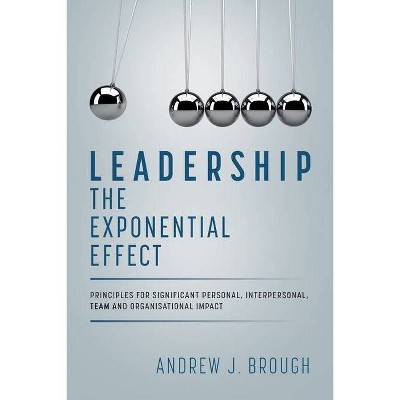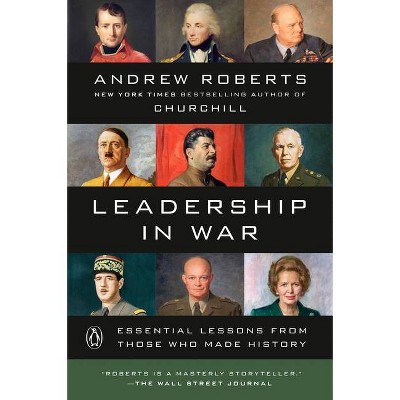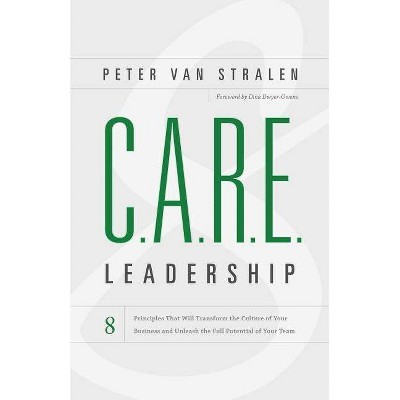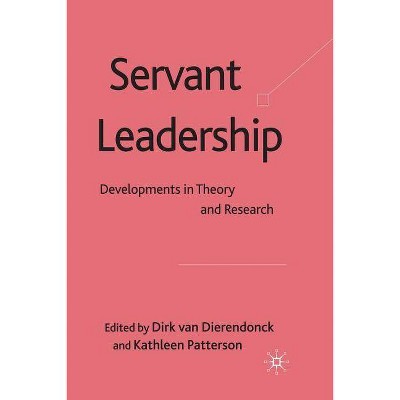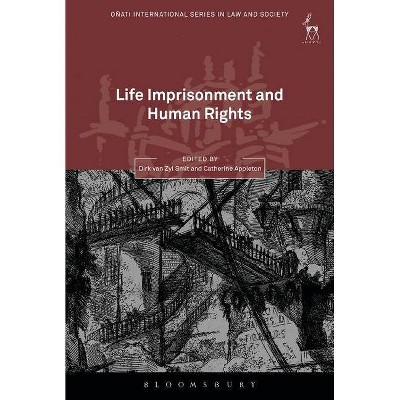Peace Leadership - by Prof Ebben Van Zyl & Dr Andrew Campbell (Paperback)
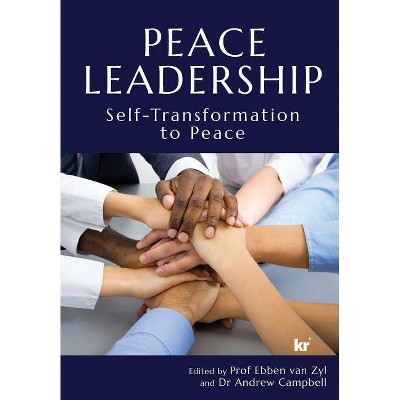
Similar Products
Products of same category from the store
AllProduct info
<p/><br></br><p><b> About the Book </b></p></br></br>In our progressively changing environment, it is of crucial importance to deepen our understanding of peace between people and how leadership can enhance that by "leading for peace." This book proposes a useful framework for all leaders (including business, political leaders and peace developers) on how to attain peace between people.<p/><br></br><p><b> Book Synopsis </b></p></br></br><p>In our progressively changing environment, it's of crucial importance to deepen our understanding of peace between people (and amongst institutions) and how leadership can enhance that "leading for peace." <strong> <em>Peace Leadership: Self-Transformation to Peace</em></strong> offers a practical framework for all leaders (including business and political leaders) on how to attain peace between people. It reveals emerging research linking global leadership concepts within peace development research. This research is urgently needed for global leadership to understand the leadership role within conflict resolution or peacebuilding practitioners.<br /> <br /> <strong>WHAT MAKES THIS BOOK SO UNIQUE...</strong><br /> <br /> This book offers leaders deeper insight into the concept of "peace leadership" and how to implement it. Specific tools and initiatives on how to become a highly-effective peace leader are included. Whilst highlighting peace developers as leaders, this book explores emotional, social, and communal intelligence as building-blocks to transform conflict from violence to reconciliation and peace.</p><p><strong>The book is presented in four sections: </strong></p><p>1. <strong>Peace leadership in perspective: </strong> Discussions on the nature and meaning of peace leadership, important building blocks for peace leadership (emotional, social and communal intelligence), and a peace leadership-in-action model (which forms the basis of the book).<br /> <br /> 2. <strong>Implementation strategies focus on lead self, lead with others and lead communities. Lead self includes: </strong> leading peace through self, others and the community, the role of wisdom and spirituality in leading self and others, and individual, social and cultural inertia preventing humanity from attaining peace. Lead others includes: leadership theories which support peace leadership, the improvement of cultural intelligence amongst peace leaders, and women's role in peace building. Lead communities includes: peace leadership in the public and private sectors, healthcare for the vulnerable and its meaning and contribution towards peace leadership, and working from helplessness to serving the community.</p><p>3. <strong>Tools and initiatives to become a highly effective peace leader, </strong> including information and communication technological innovations for peace leaders and sport as a tool for peace building.</p><p>4. <strong>Concluding thoughts</strong>. Concluding thoughts are given, with the emphasis on what we have learned and looking ahead.</p><p>This editorial book provides a significant contribution within the emerging peace leadership discipline as the international community, non-governmental organisations, and the public and private sectors struggle to formulate sustainable peace initiatives at the tribal, local and communal societal level.<br /> </p><p><strong>WHO SHOULD READ THIS BOOK?</strong></p><p><strong><em>Peace Leadership: Self-Transformation to Peace</em></strong> is urgently needed for peace developers in today's conflictual environment. It's a must-read for anyone involved in leadership, conflict resolution and peace development, as well as scholar-practitioners and educators to examine best practices through a leadership lens. It's also an essential handbook for: Academics, researchers, the leadership development fraternity, peace organisations, negotiators, think tanks, the diplomatic core, government institutions, NGOs, consultants and advisors, security companies, the private sector and trade unions.</p><p/><br></br><p><b> Review Quotes </b></p></br></br><br><p>"The combination of peace building and leadership is both innovative and more than needed to establish a field of expertise that is lacking substantial research and a theoretical foundation. The width as well as the scope of the book is impressive."<br /> <em>Dr Barbara Schellhammer, Faculty Intercultural Education, Munich School of Philosophy, Munich, Germany</em><br /> <br /> "Never before has a book been written from such diverse perspectives. It resonates truly with what is possible when peace building is cultivated and promoted for a greater global social change."<br /> <em>Dr Imbenzi George, Honorary Consul General (Kenya), Diplomatic Corps Vancouver, Canada</em><br /> <br /> "I believe that the book fills a gap that existed in leadership literature for too long and is an indispensable book for academics, researchers, and anyone interested in peace."<br /> <em>Professor Roelf van Niekerk, HoD, Department of Industrial and Organisational Psychology, Nelson Mandela University, Port Elizabeth, South Africa</em><br /> </p><br>
Price History
Price Archive shows prices from various stores, lets you see history and find the cheapest. There is no actual sale on the website. For all support, inquiry and suggestion messagescommunication@pricearchive.us
